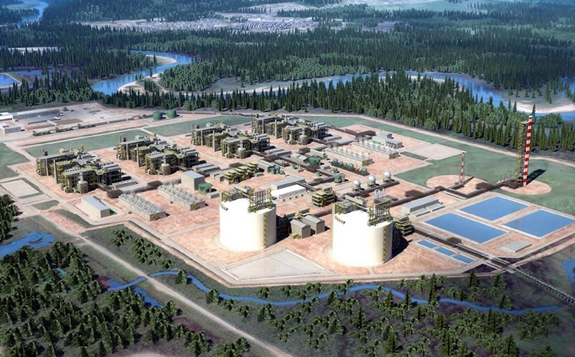The BC LNG Alliance recently announced it is now the Canadian LNG Alliance (Canadian LNGA).

The group explained the change reflects the critical role liquefied natural gas (LNG) has to play in the nation’s COVID-19 economic recovery, economic reconciliation with Indigenous communities and Canada’s transition to clean energy.
Canadian LNGA stated it is committed to building an “inclusive and positive” dialogue around Canada’s role and opportunity for leadership in the world’s energy future.
The $40 billion in-construction LNG Canada project is the largest private infrastructure investment in the country’s history. Canadian LNGA noted the jobs and business opportunities it will provide are critical to rebuilding the economy.
The alliance added that additional LNG projects are awaiting final decisions and together these projects will provide tens of billions in investment in Canada, thousands of jobs for Canadians and new revenue for governments for decades.
The alliance also noted that the LNG industry is collaborating on a new model of Indigenous participation in the natural resource sector in Canada. The alliance explained that Indigenous Nations have partnered with the LNG industry in B.C. on unique initiatives, including an unprecedented Nation-led environmental assessment process and agreements with First Nations bands in place for jobs, training, and procurement opportunities with the shared goal of working towards economic reconciliation.
“LNG is Canada’s opportunity. By all of us working together – governments, industry, Indigenous Nations, workers, and communities – to responsibly build an LNG industry, we can provide a significant and much-needed economic boost to our country,” said Bryan Cox, president and CEO of the Canadian LNGA. “Importantly, through our low-emission LNG, Canada will make an outsized contribution to reducing global emissions and particulate matter, while investing in the infrastructure for our continued transition to a cleaner energy future.”
According to the alliance, LNG projects in B.C. will produce among the world’s lowest-emissions intensity LNG because they will be powered, in part or entirely, by clean hydro-electric power.